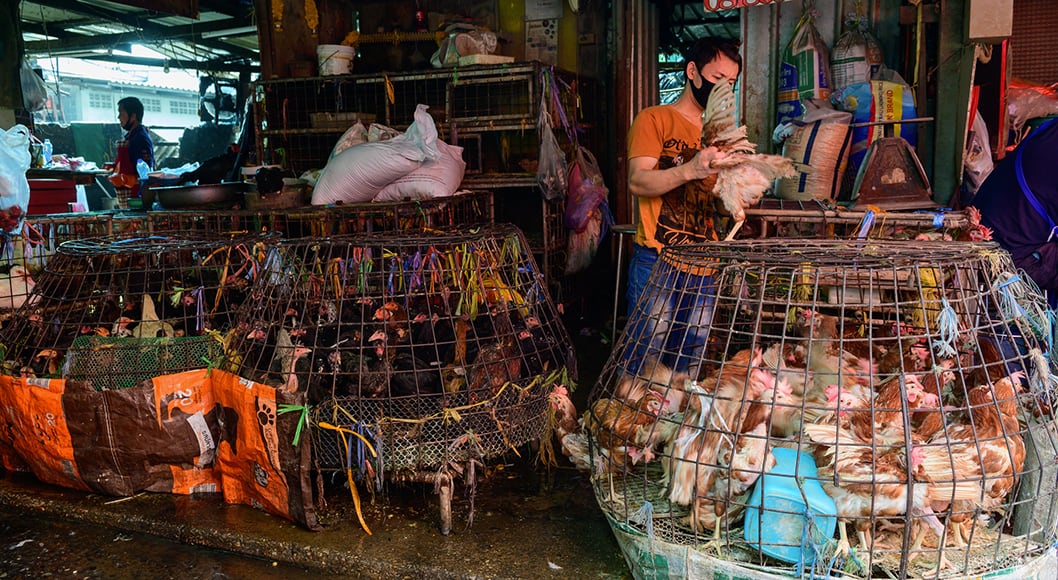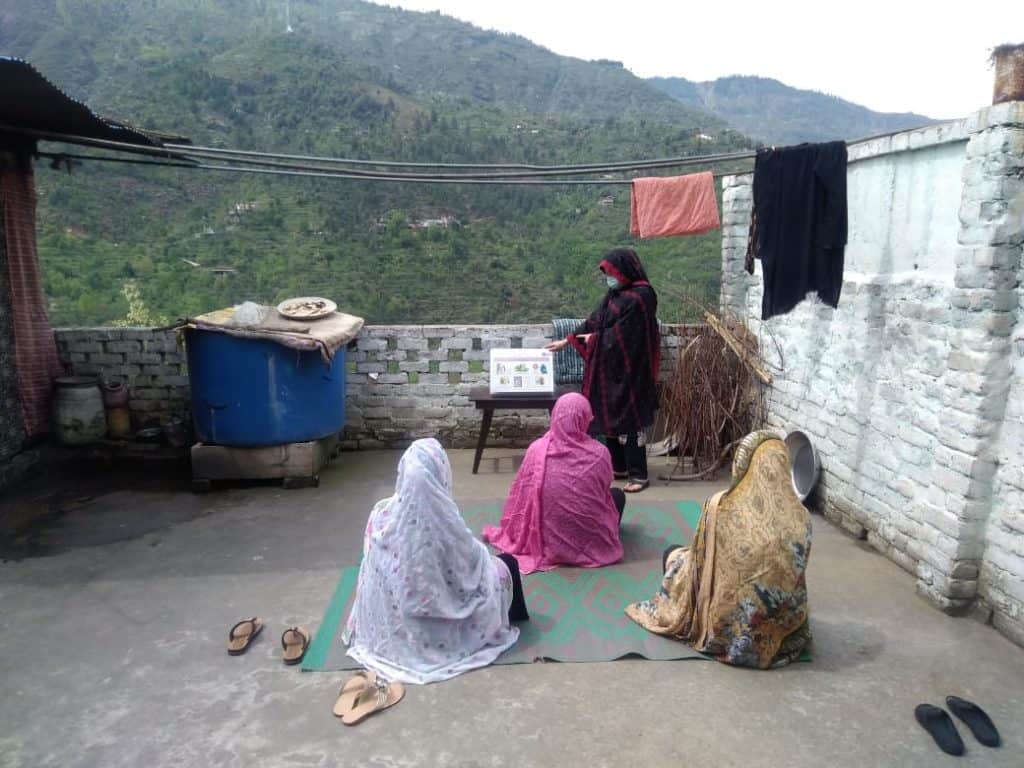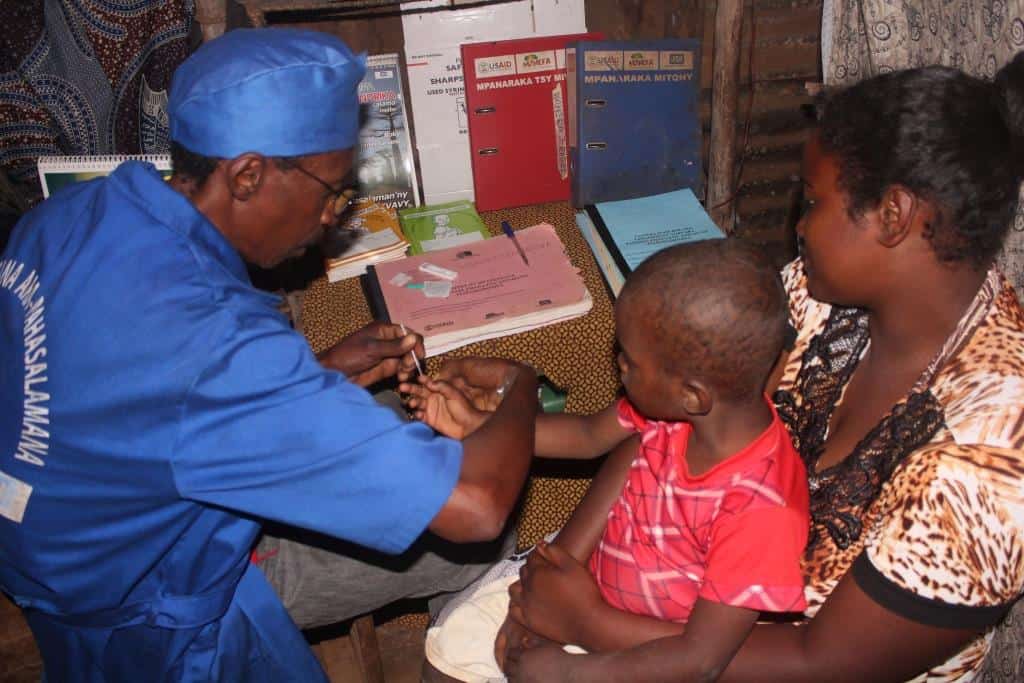This website uses cookies so that we can provide you with the best user experience possible. Cookie information is stored in your browser and performs functions such as recognizing you when you return to our website and helping our team to understand which sections of the website you find most interesting and useful.
Global Health Security
Achieving global health security requires strong, resilient systems to prevent, detect, and respond to emerging disease threats, climate disasters, and other shocks and stressors that increase vulnerability and mortality. At JSI, we use social and behavioral sciences to rapidly recognize and respond to the interconnectedness of human, animal, and environmental well-being—commonly known as One Health.
People and their behaviors are central to the complex One Health ecosystem and integral to the resilience of communities, countries, and systems and to achieving global health security. To advance the Global Health Security Agenda, we leverage risk communication, advocacy, community mobilization, and capacity-bridging approaches to strengthen data-driven supply chains and health systems that respond to complex and rapidly changing circumstances. We collaborate with local partners to co-design community-based participatory approaches to understand the factors that influence the intersection of human, animal, and environmental health and behaviors. Our social and behavior change (SBC) strategies support resilient communities and countries and move us closer to a world that is safe and secure from global health threats posed by infectious diseases.
For more information, contact Melinda McKay, Behavior Initiative Director at Melinda_McKay@jsi.com.
Project in Focus
Strategies to Prevent (STOP) Spillover
Under USAID’s Strategies to Prevent Spillover (STOP Spillover) project, we co-developed biosafety and biorisk management interventions with wild meat market actors in Bangladesh, Côte d’Ivoire, and Sierra Leone; bat guano farming communities in Cambodia; and households and communities in Liberia. We used participatory research approaches, including outcome mapping and Trials of Improved Practices, to find locally driven person-centered solutions and segment-specific SBC activities. These activities facilitated sustained behavior change at the system and community levels, including the operation of community-led supply chains for personal protective equipment in Cambodia and installation and use of water standpipes, soakaway pits, and butcher block tables in Sierra Leone.





